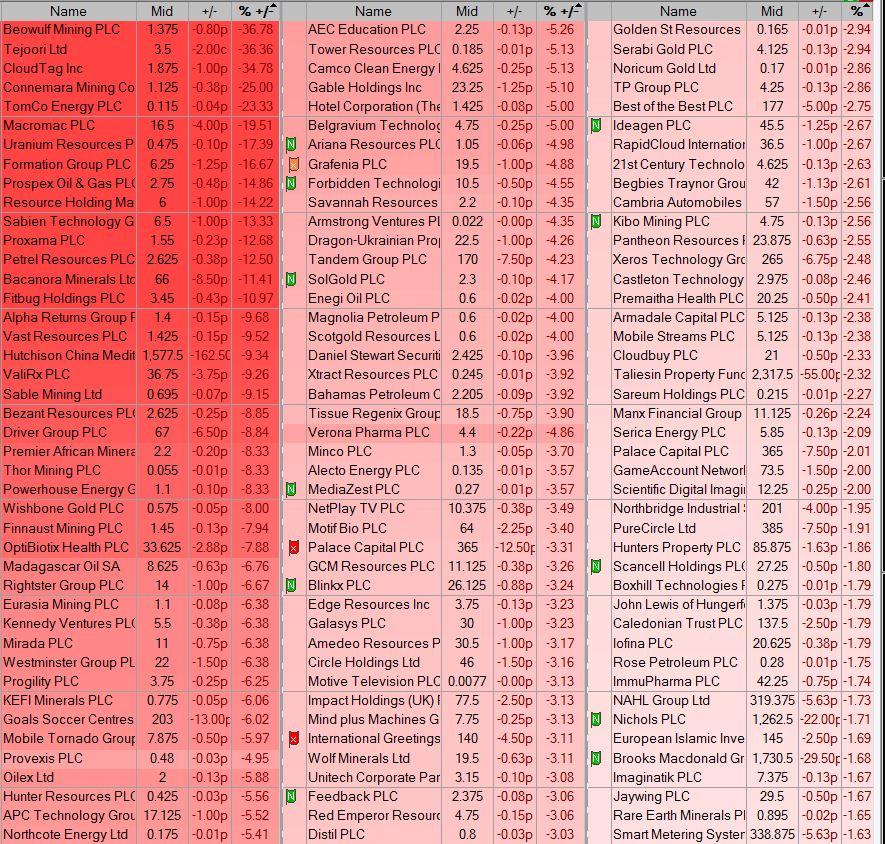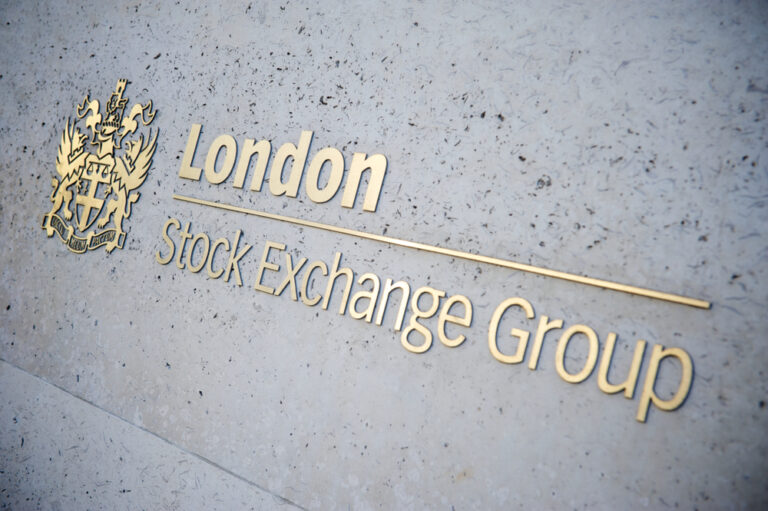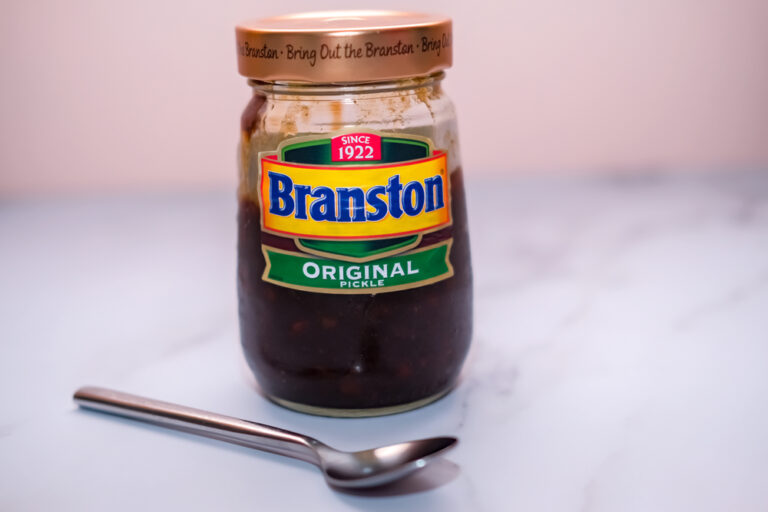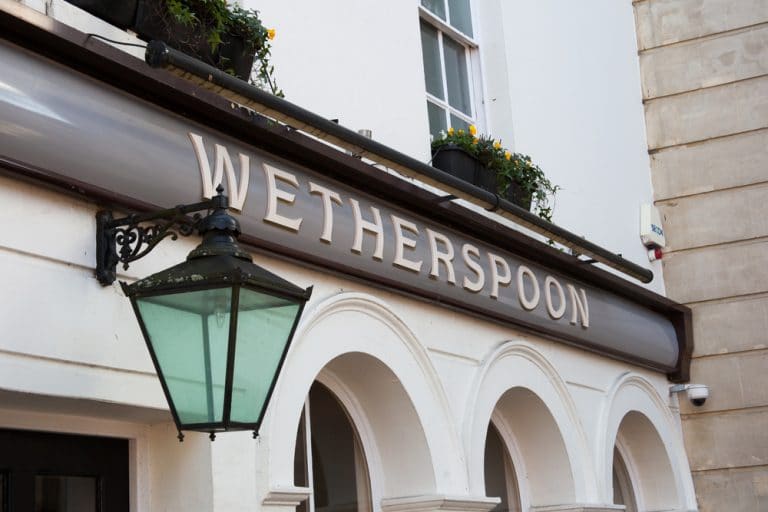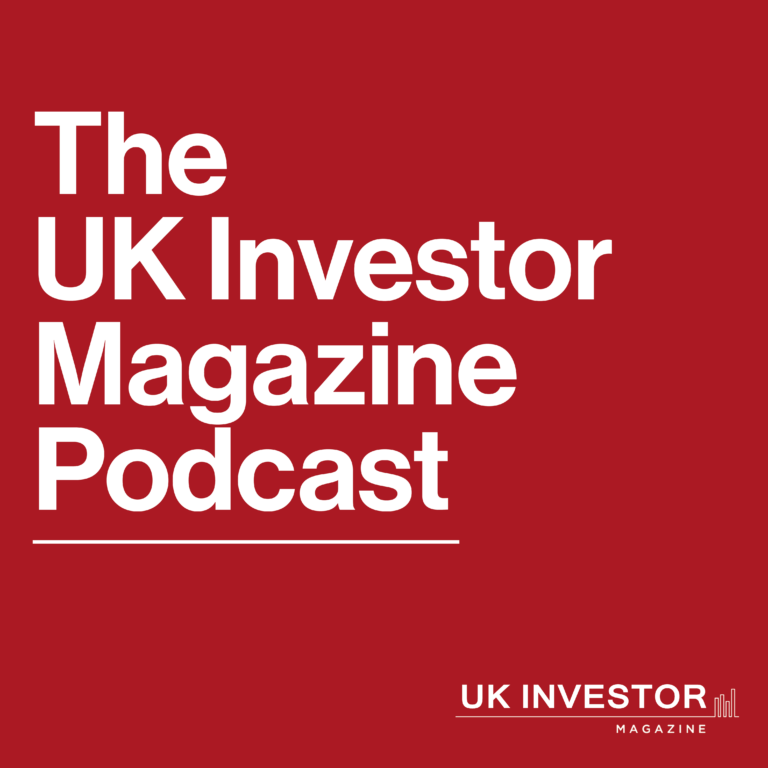UK Oil and Gas (LON: UKOG) shares returned from suspension 224% higher at 0.033p, having been as high as 0.0535p. A subsidiary has executed a memorandum of understanding with National Gas Transmission, which is developing a 100% hydrogen pipeline system. The strategy is to connect the company’s planned onshore salt cavern hydrogen storage facilities in Yorkshire and Dorset. A placing raised £3.5m at 0.03p/share. The cash will help to accelerate technical and economic studies, as well as engineering concept and design.
Oracle Power (LON: ORCP) says that its Australian subsidiary and Riversgold have agreed a right to mine and co-operation agreement with mining contactor and geological service provider MEGA Resources and Bain Global Resources (BGR) for the right to mine the Northern Zone gold project in Western Australia. BGR will provide funding. Oracle Power owns 20% of the project. No upfront funding is required. Activities could start in the first quarter of 2026. The share price jumped 104% to 0.0575p. The exercise of warrants at 0.05467p each raised £58,575.
Pulsar Helium Inc (LON: PLSR) has made a helium-3 discovery at the Topaz project in Minnesota. There are sustained concentrations of up to 14.5 parts per billion in produced gas. This is one of the highest naturally occurring accumulation of helium-3 ever reported. Helium-3 is one of the rarest isotopes on Earth. It can generate $2,500/litre in some markets. Uses include future fusion energy reactors, quantum computing and advanced cryogenics. There were 100,000 stock options exercised at C$0.45 each, raising C$45,000. The share price is 51.5% higher at 35.6p.
Bezant Resources (LON: BZT) has sold 53.4 million Blackstone Minerals shares and raised A$3.75m (£1.84m). The remaining shareholding in the ASX-listed company is 80.6 million shares. Johnathan Swann has increased his shareholding from 5.19% to 6.57%. The share price rose 45% to 0.079p.
FALLERS
Litigation finance provider Litigation Capital Management (LON: LIT) made an underlying loss of A$100.5m, compared with a pre-tax profit of A$17.2m the previous year. Six cases were lost, and three more losses are being appealed. After the results were announced the company revealed that another funded case was lost. This investment was valued at £26.5m in the balance sheet at the end of June 2025. Writing the whole amount off would halve NAV. Costs have been reduced. The company is focusing on case management rather than seeking new cases. Net debt was A$69m at the end of June 2025. There is a facility of A$114m. Tectonics Opportunity Fund cut its stake from 5.1% to 0.1%. The share price slumped 59.9% to 11.2p.
Difficult market conditions hampered regenerative medicine company Tissue Regenix (LON: TRX) and interim revenues were 6% down at $13.8m. That hit gross margin and the loss increased to $957,000. There were delays to regulatory approvals and falls in orders. Net debt is $9.3m with $5.6m of available bank facilities. Harwood Capital has raised its shareholding from 15.1% to 22.1%. Richard Snell cut his stake from 15.1% to under 3%. The share price declined 52.3% to 10.5p.
A delay to the publication of the accounts of Trafalgar Property Group (LON: TRAF) means that trading in the shares was suspended on 1 October. Prior to that, the share price dived 30% to 0.0175p.
Technology investment company Tern (LON: TERN) is raising up to £642,000 at 0.5p/share via a one-for-five open offer, which closes on 14 October. There was cash in the bank of £150,000 at the end of August 2025 and exits from investments are difficult to secure at appropriate valuations. The additional cash will cover the costs of running the company and provide cash for additional investments. The share price slipped 28% to 0.45p.

